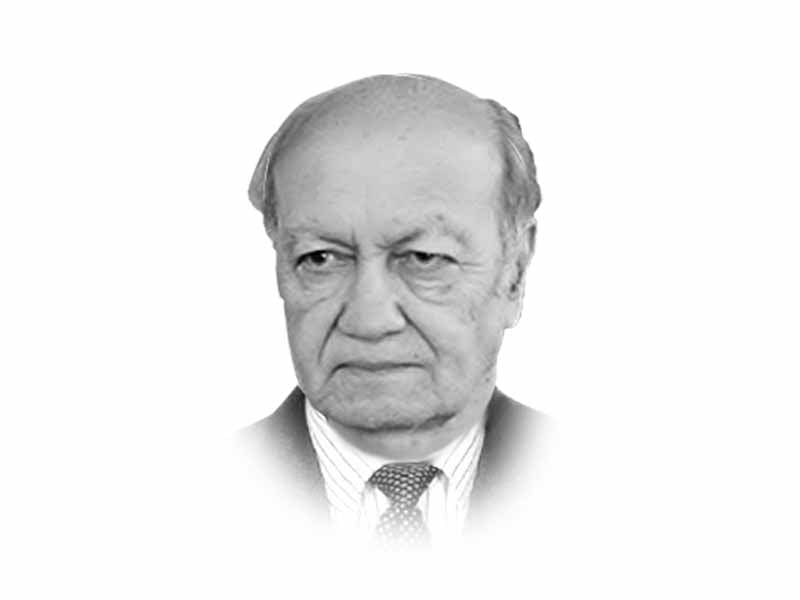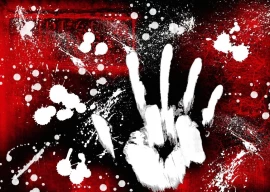
The essence of the deal is that Iran, in return for choosing the pathway that abandons the pursuit of a nuclear bomb, bilateral, multilateral and UN sanctions on the country would be lifted. Iran’s commitment to the deal has been defined in great detail and is very specific. From the Iranian perspective, the lifting of the sanctions will open up its economy and shed its diplomatic isolation. With its expanding influence in Iraq, Syria, Lebanon and Libya, Tehran feels more secure and relatively less inclined to be a full-fledged nuclear power, at least for now. It has been able to preserve the basic infrastructure necessary for pursuing civil-nuclear technology both at the production and research levels, but far more restrictive than what it was initially aiming at. If faced with compelling hostile circumstances, Iran’s potential of a breakout capability still exists but it would take the country much longer to make an atomic weapon. It has been no mean achievement to reach the level that Iran has acquired despite facing extremely hostile regional and international pressures. The Iranian people had to bear the full brunt of these pressures and history will judge if acquiring nuclear technology is worth the price. Pakistani people, too, underwent great hardships to acquire full-fledged nuclear capability with Zulfikar Ali Bhutto famously stating that we will not waiver in this pursuit even if we have to eat grass. The motivation for Pakistan was simple. India already had the bomb and the conventional balance was heavily tilted in its favour. In case of Pakistan, the Soviet invasion of Afghanistan provided us the cover to step up the secret programme and the Americans and the West looked the other way. Of course, the policy took a complete reversal when the Soviets withdrew from Afghanistan but by that time, the Pakistani programme was on the path of crossing the rubicon. Interestingly, Iran built its fuel cycle activity, which remained secret for 18 years, taking advantage of the way it was closed to the outside world after the Islamic Revolution. The American threat to the regime provided the revolutionary zeal and rationale for producing the ultimate weapon. The US only discovered in the summer of 2002 that the technological and industrial foundation had already been laid. Iran was pursuing nuclear weapons under the umbrella of the NPT. Pakistan, a non-signatory, was not bound by its regime and its nuclear programme like India’s and Israel’s was not illegal, but was being viewed with coloured glasses. On the contrary, India’s and Israel’s programmes had the support and tacit acceptance of the West.
Presently, pressure from Saudi Arabia and its Arab allies has added to Iran’s woes. The US has taken sides in Iraq and Syria against those militant groups that were supported by Iran in order to weaken its position. The real fear of the Arab world is that if by June 30, the deal is finalised, it will have far-reaching impact on the geostrategic and geopolitical landscape of the region. It will shift the balance of power in Iran’s favour and could be a precursor for a major economic, social and political transformation. Iran’s economy has suffered enormously due to sanctions and it is projected to revive with renewed vigour if they are lifted. This rebalancing of forces in the Middle East that the Saudis and Israel foresee has deeply upset them. If they would have their way, they would like Iran’s nuclear facilities destroyed and its programme closed forcibly. It may seem odd but the synergy between the Saudis and Israel with respect to Iran is perfect. Both are equally disappointed with Barack Obama and consider the deal as a betrayal and will lobby relentlessly with Congress and even the US media to get the deal rejected.
For Obama, it would be hard to sell the deal to Congress, considering the opposing voices that are being raised by the Republicans. Benjamin Netanyahu’s address to Congress and Israel’s strong lobby in the US have all been activated to trump the deal. But despite strong opposition, Obama is likely to prevail. On the other side, Iranian hardliners are relatively less vocal due to Ali Khamenei’s approval of the deal.
This deal should reduce tensions in region. Pakistan will not have to walk a tightrope between the US and Iran as was reflected in its decision of putting the Iran-Pakistan gas pipeline project on hold. It will be a great disservice to the nation if Nawaz Sharif’s proclivity toward Saudi Arabia prevents him from executing this project.
With improved relations with America and the West, Iran is likely to be more inclined towards playing a positive role in Afghanistan and synergise its policies with the broader international community. In fact, the broader picture of Iran’s position as a regional power will change dramatically as shackles of sanctions are thrown asunder. Iran will be in a position to step up its oil production to its normal capacity, which should contribute to lowering oil prices that are already in decline. Iran’s economy will get a real boost as Iran is allowed to export its oil without any restrictions and foreign investment that had practically ceased should be more forthcoming. More significantly, it has the potential of bringing about major changes in Iran’s domestic politics, making it more moderate and in synergy with the rest of the world.
This may not be a perfect deal that would satisfy hardliners in the US and Israel as they believe that Iran’s strategy is to wait out the 10-year expiry period of the sunset clause and then restart the programme. But the alternatives are far too dangerous as they could engulf the region, with the Iranian problem becoming more worrying. Pakistan, already bogged down with enormous problems of its own, will not be able to escape any negative fallout resulting from regional upheaval.
Published in The Express Tribune, April 8th, 2015.
Like Opinion & Editorial on Facebook, follow @ETOpEd on Twitter to receive all updates on all our daily pieces.












































COMMENTS (7)
Comments are moderated and generally will be posted if they are on-topic and not abusive.
For more information, please see our Comments FAQ